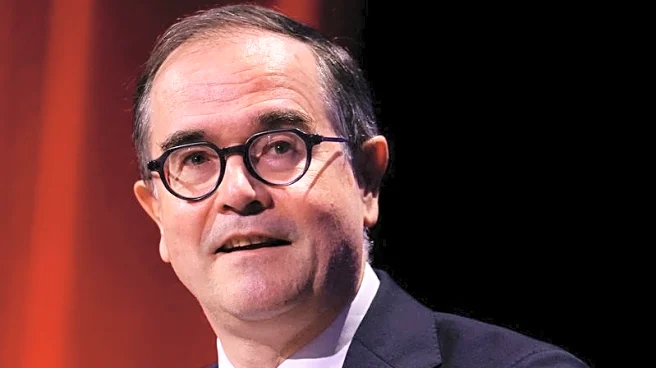Rapid Read • 8 min read
Doctors Without Borders, also known as Médecins Sans Frontières (MSF), is an international medical humanitarian organization founded in 1971 by doctors and journalists in France. The organization is renowned for delivering emergency medical care to individuals affected by conflict, epidemics, natural disasters, and exclusion from healthcare across more than 70 countries. MSF operates on principles of impartiality, neutrality, and independence, ensuring that aid is provided based on need alone, without discrimination based on nationality, race, gender, or political affiliation. The organization is financially independent, with over 90% of its funding coming from private donors, allowing it to respond swiftly to crises without external political or financial influence.
AD
The work of Doctors Without Borders is crucial in addressing the immediate medical needs of populations in crisis zones, where healthcare systems are often overwhelmed or non-existent. By providing medical care in these areas, MSF helps to alleviate human suffering and prevent the spread of diseases, which can have far-reaching impacts on global public health. The organization's commitment to neutrality and independence allows it to operate in conflict zones where other organizations may not be able to, thus filling a critical gap in humanitarian aid. This approach not only saves lives but also upholds the principles of medical ethics and human rights.
As global crises continue to evolve, Doctors Without Borders is likely to face increasing demands for its services. The organization will need to maintain its financial independence and operational flexibility to respond effectively to new emergencies. Additionally, MSF may continue to advocate for greater access to affordable medical treatments and challenge practices that hinder humanitarian efforts. The ongoing support from private donors will be essential in sustaining its operations and expanding its reach to more affected areas.
Doctors Without Borders' work raises important ethical and legal questions about the provision of medical aid in conflict zones. The organization's insistence on neutrality and independence often puts it at odds with governments and military forces, highlighting the complex interplay between humanitarian aid and political interests. Furthermore, MSF's advocacy for affordable healthcare and criticism of profiteering in the medical industry underscore broader debates about the accessibility and equity of global health resources.
AD
More Stories You Might Enjoy













